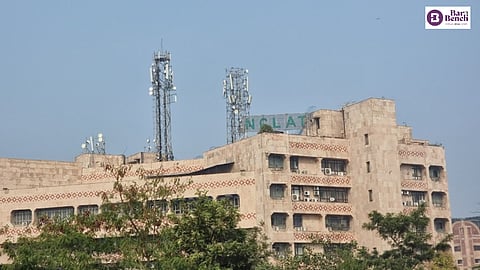
- Latest Legal News
- News
- Dealstreet
- Viewpoint
- Columns
- Interviews
- Law School
- Legal Jobs
- हिंदी
- ಕನ್ನಡ

The National Company Law Appellate Tribunal (NCLAT) at New Delhi has held that the Kolkata Municipal Corporation (KMC) is a secured creditor in the liquidation proceedings of Talwalkars Better Value Fitness by virtue of the statutory charge created under Section 232 of the Kolkata Municipal Corporation Act, 1980 [Kolkata Municipal Corporation v. Liquidator of Talwalkars Fitness]